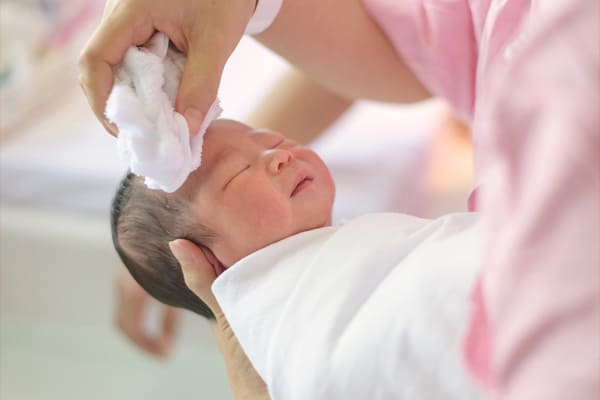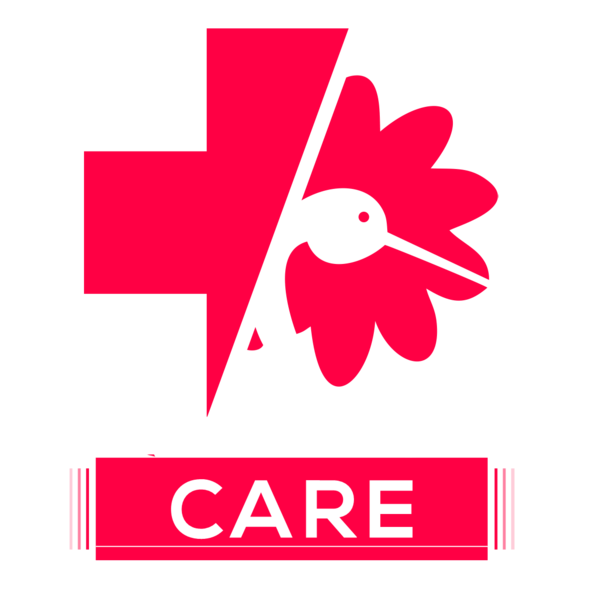
Things To Keep My Baby In Extreme Care After Birth
A newly born child is one of the most precious things in the world, so you want to make sure that your little bundle of joy stays happy and healthy throughout their first year. It’s not hard to do. It’s an exciting time to become a parent, but it can also be overwhelming. Finding sleep time and figuring out what to do with all that excess baby gear makes it hard to know where to start when taking care of your newborn. Fortunately, you don’t have to figure it all out on your own. Here are four paths to take care of your newborn.

Keep them clean
As you’ve already experienced, newborns have lots of mucus. To keep it from accumulating and causing congestion, keep cleaning your baby’s nose, mouth, and also the outfits, frequently. The most convenient time is before they’re in a deep sleep. A clean baby will sleep better and more comfortably. However, as their new skin is more sensitive than adults, it can easily get irritated by clothing or blankets if they are too warm or too tight around them. This is why many parents opt to dress their babies in nothing but a diaper during nighttime feedings. Check with your surrounding temperature, and if it feels right you can dress lightly or without any, while feeding.

Give them skin-to-skin contact
Babies are happiest and tend to behave better when placed skin-to-skin with their parents. Studies show that skin-to-skin contact for just an hour after birth helps babies’ hearts beat more regularly, improves their sleep, and boosts levels of a hormone that lowers stress. It simply means wearing your baby against your chest and allowing them to fall asleep there. Be sure you ask your pediatrician whether skin-to-skin contact is appropriate in your case; some situations require a little more caution than others.

Feed them every few hours
A newborn has a small stomach and needs to eat frequently every two or three hours. Sleeping through feeding isn’t unusual; they may sleep for longer stretches in their first few weeks as they get used to life outside your womb. It’s OK if a baby eats more often than every three hours; most will do so naturally as they become accustomed to their new world. Remember, there are no hard-and-fast rules here; you know your baby best! But, for those first few weeks, you should aim for at least one feeding per day around six PM (when most babies are ready to eat) and another between midnight and 3 a.m., just before mom gets up (this is when many babies wake up). If your baby doesn’t need to eat during these times, don’t worry about it; they will cry to let you know when they are hungry. But remember: This schedule can change over time, too

Expose them to bright light
When you’re home with your newborn, get some daylight in there. By letting your baby spend time in areas with windows that receive a lot of natural light, especially during sunny days, you’ll help set their circadian rhythm and boost their vitamin D intake. Vitamin D deficiency can be harmful to infants since they rely on mom’s milk for their nutrition and don’t yet have a solid food diet. Bright light is also known to boost energy levels in both kids and adults, making it a great natural remedy for sluggishness after birth. Plus, exposing your newborn to bright light has been linked with longer sleep duration later on down the road when kids are toddlers and adolescents.
Final Thoughts
Even while acne flare-ups are natural, you can do a lot to ease your baby’s transition. For immediate relief, try the home cures listed above. Just be patient. Those spots will fade with time.















